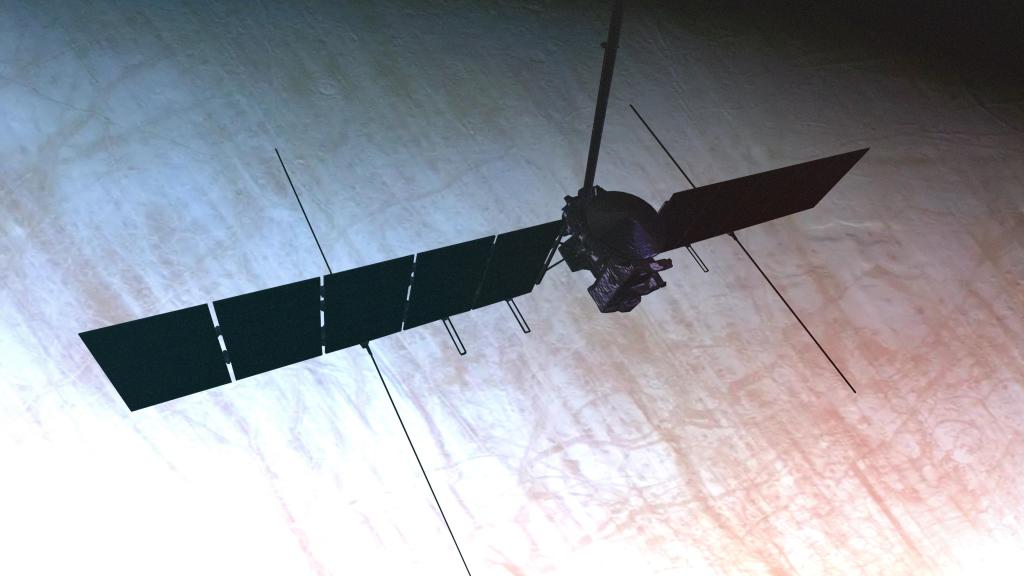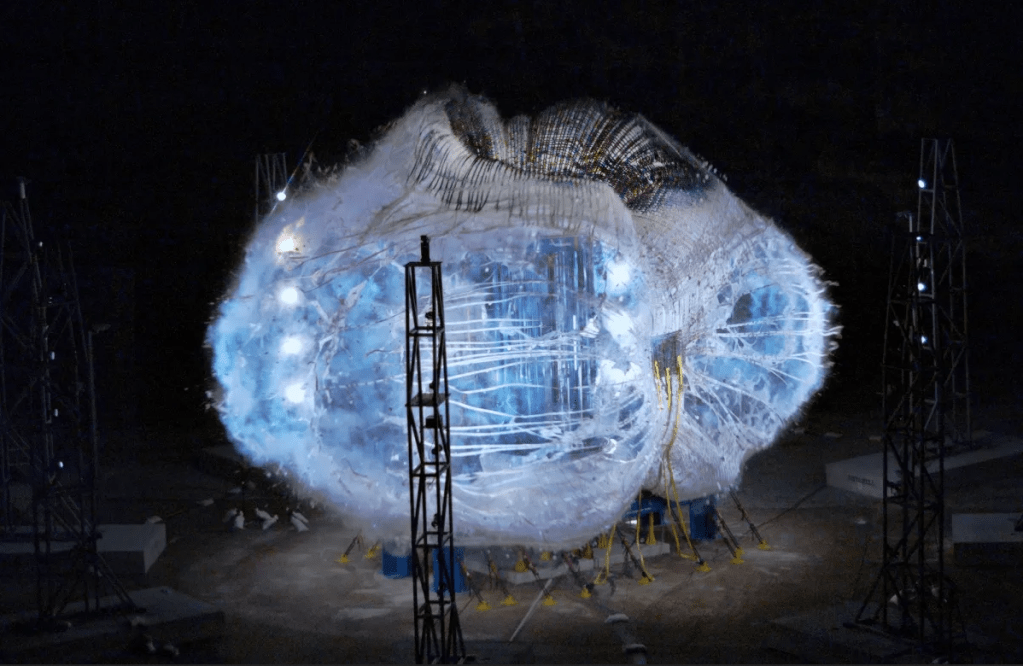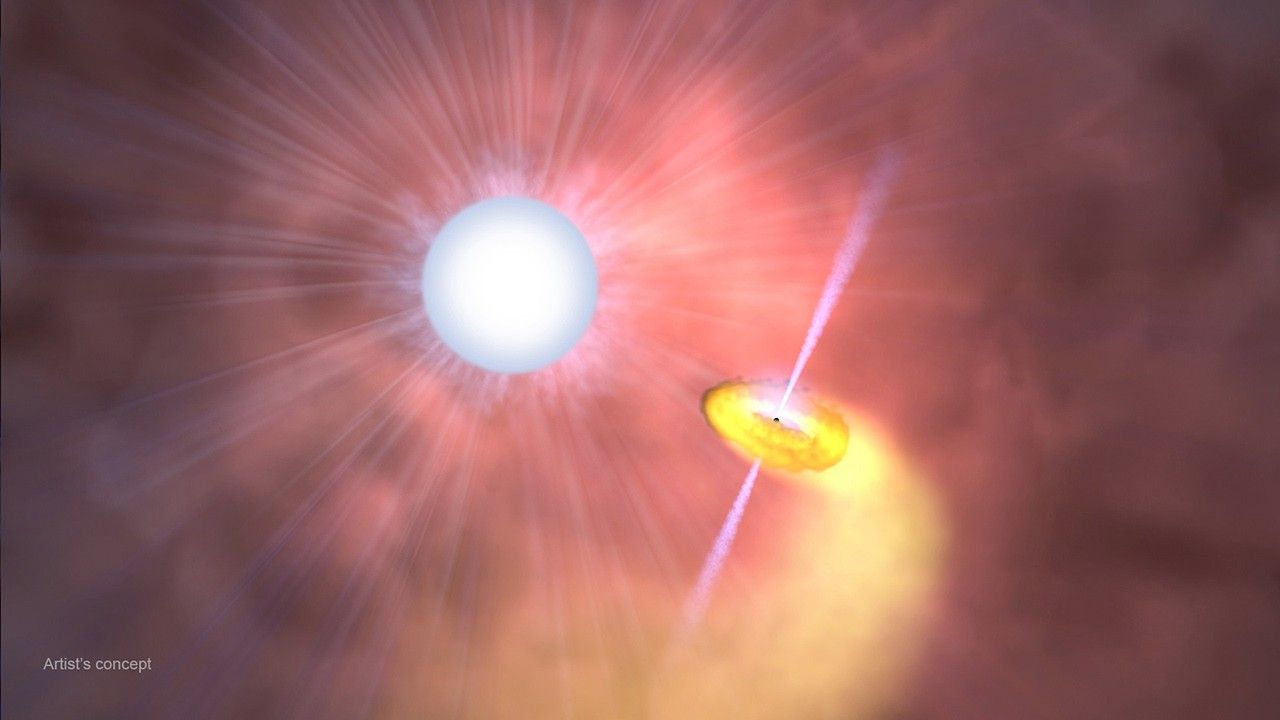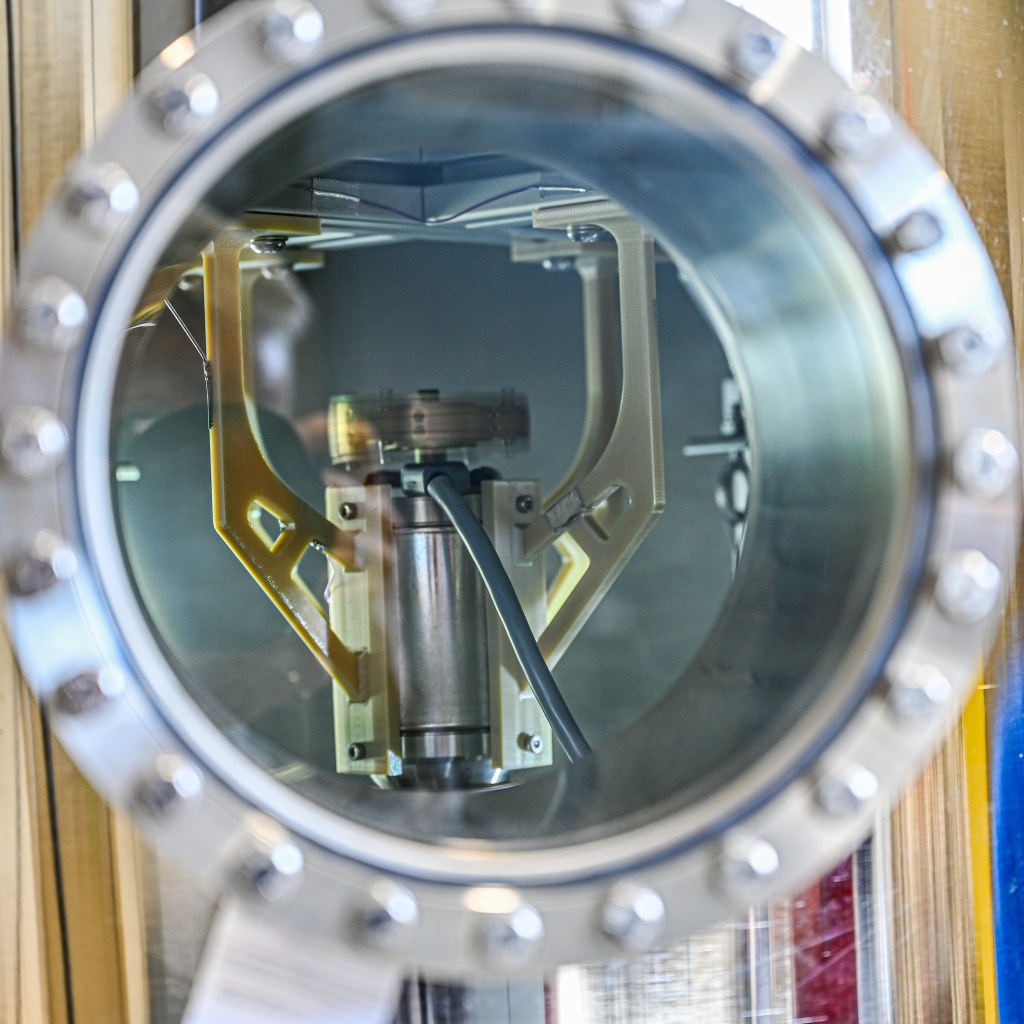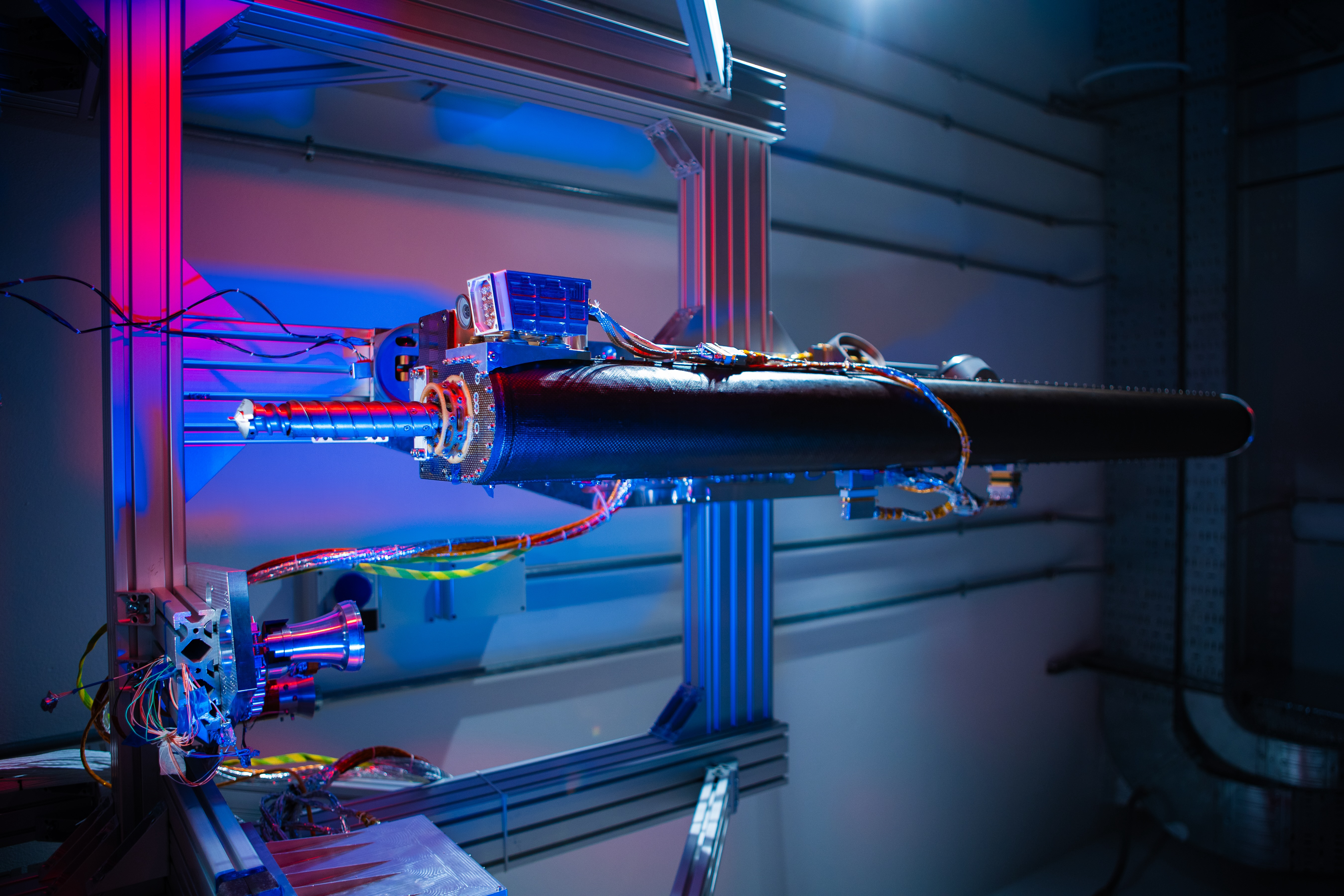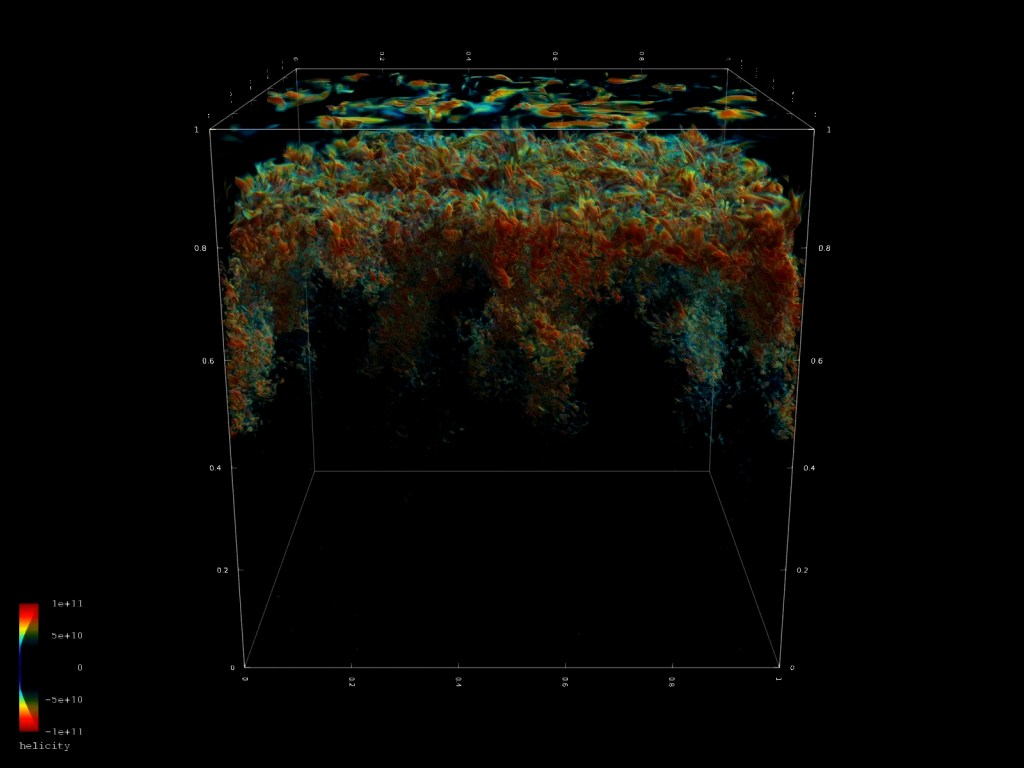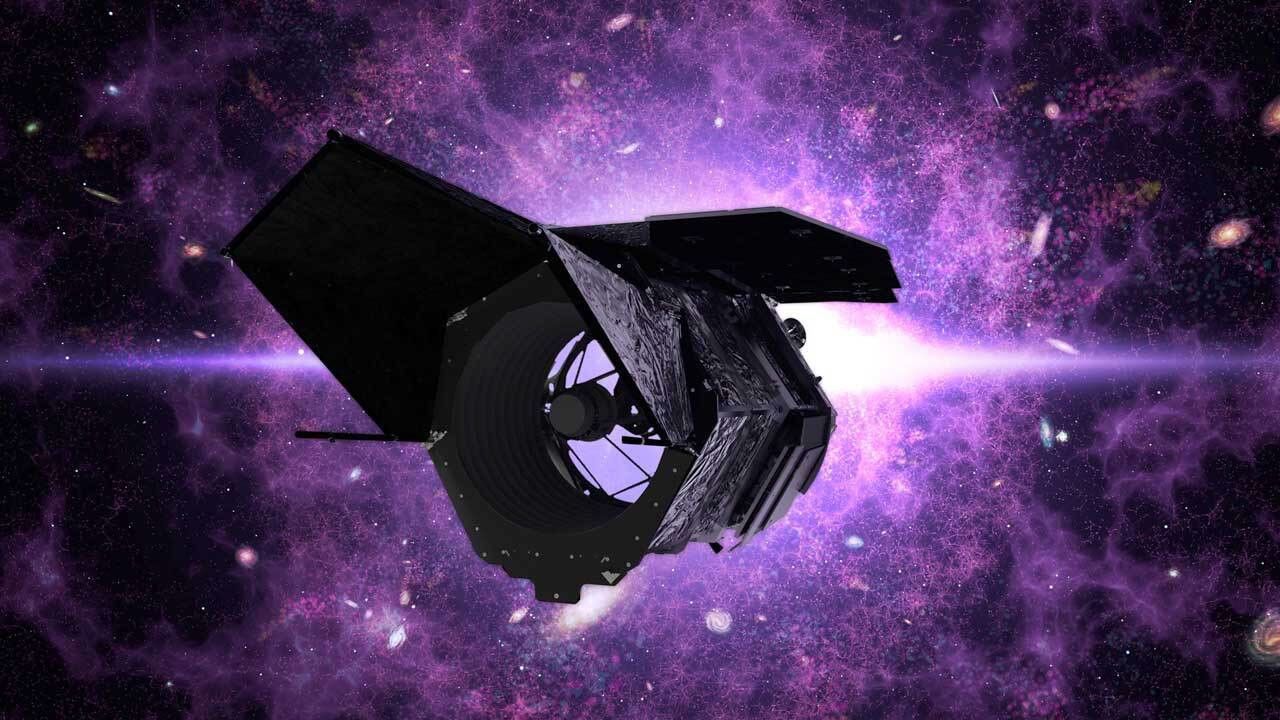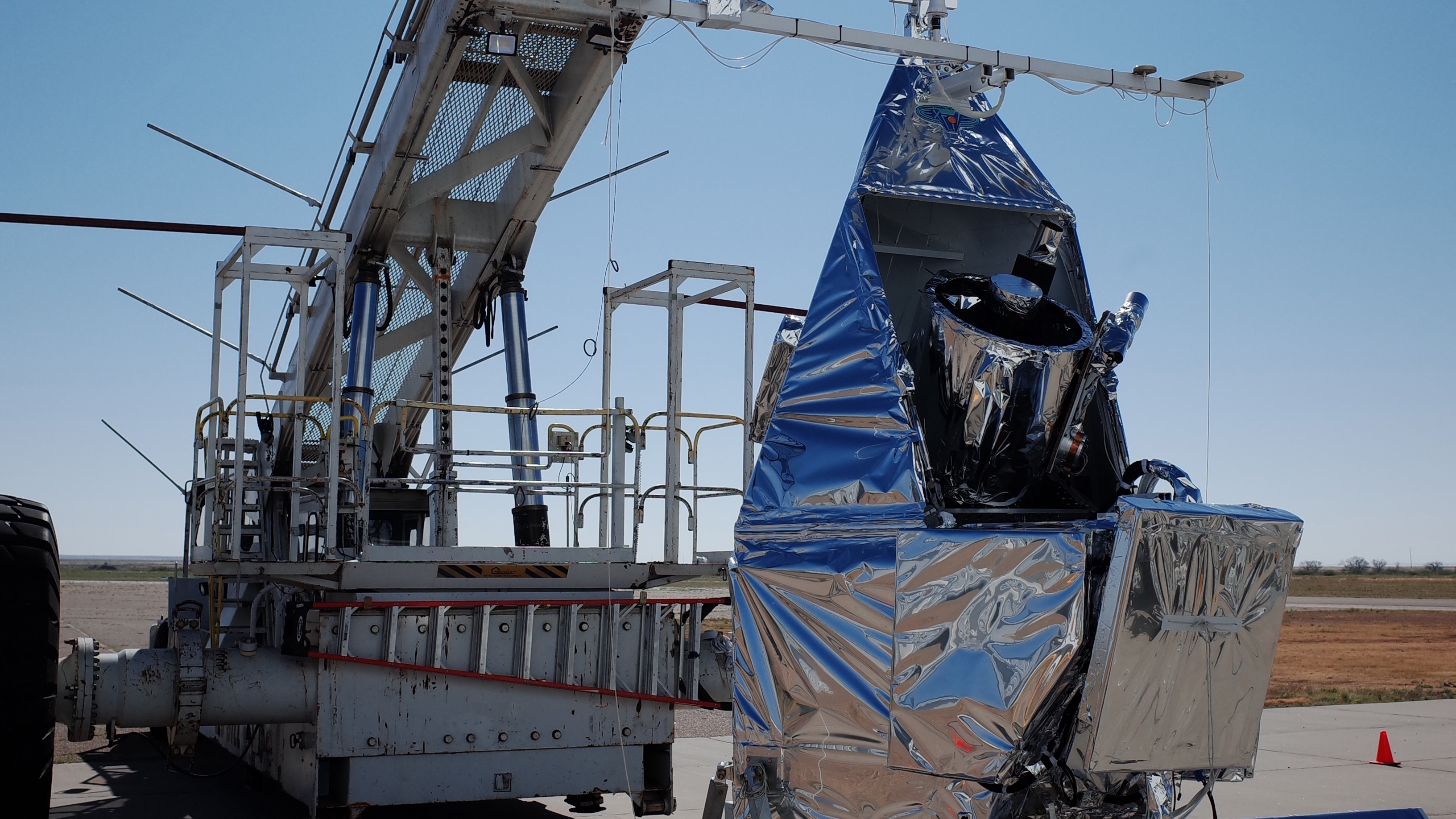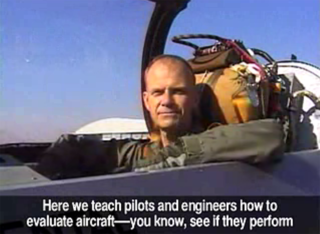
Audience
Educators
Grade Levels
Grades 9-12
Type
Other Multimedia, Videos
This NASA video segment explores how Newton’s Laws of Motion apply to the development and operation of airplanes. Viewers watch an instructor at NASA’s National Test Pilot School as he describes and then demonstrates why seatbelts are an important force on pilots; what it means to pull 2, 4 and even 6 g in a jet; and how the thrust of a jet engine causes an aircraft to move forward. Formulas are presented onscreen along with the calculations discussed in the segment. For example, the instructor explains how viewers can calculate a person’s mass by dividing the weight of that person by the acceleration due to gravity. The instructor then proceeds to step on a scale. A formula is shown, and the calculation is made to reveal the instructor’s mass in slugs. This segment comprises The Law of Inertia: Newton’s First Law; Force Equals Mass Times Acceleration: Newton’s Second Law; and The Law of Action and Reaction: Newton’s Third Law.
Introduction to Newton’s Three Laws: Lesson 1
Duration: 12 minutes 8 seconds
More videos and video clips in this series:
The Law of Inertia: Newton’s First Law
Force Equals Mass Times Acceleration: Newton’s Second Law
The Law of Action and Reaction: Newton’s Third Law
Weight and Balance, Lesson 2
Lift and Rate of Change of Momentum, Lesson 3
Drag, Lesson 4
Thrust, Lesson 5
Take Off, Lesson 6
Climb and Descent, Lesson 7
Cruise, Lesson 8
The Landing, Lesson 9
The Landing: Approach
The Landing: Flare
The Landing: Rollout
The Landing: Summary
Flight Testing Newton’s Laws Main Page



